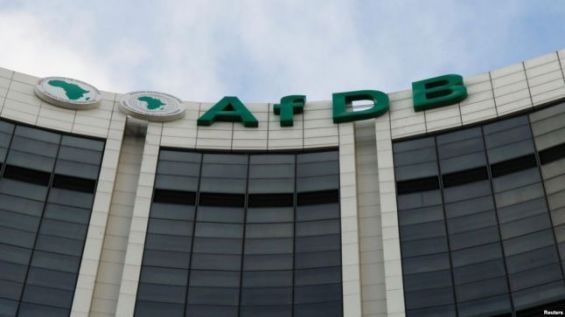The Board of Directors of the African Development Bank (AfDB) has approved a EUR 200 million loan to support inclusive and sustainable development of agricultural value chains in Morocco.
This operation will support the creation of jobs in rural areas by developing inclusive value chains that will Increase the sustainability and effectiveness of jobs created through green governance and water resource management. It will also finance the implementation of agriculture, environment, employment and vocational training strategies, the bank said in a press release.
The Support Program for the Inclusive and Sustainable Development of Agricultural Value Chains (PADIDFA) is aligned with three of the Bank's five strategic priorities: Feed Africa, which will have a catalytic effect on the two others, improve the quality of life for the people of Africa and industrialize Africa.
It is also integral to the Country Strategy Paper 2017-2021 for Morocco where the second pillar focuses on improving living conditions through employment for young people and women living in rural areas, it said.
"Creating employment and, in particular, sustainable and quality employment for rural youth and women, is a strategic priority for the African Development Bank in North Africa", said Mohamed El Azizi, Bank Director General for North Africa Region.
Leila Farah Mokaddem, the Bank’s country manager for Morocco, pointed out, "This project is an important contribution to the implementation of the Green Morocco Plan. We are moving from a logic of production to one of transformation with greater added value."
During the nearly half-century of partnership between the Kingdom of Morocco and the Bank, more than 160 projects and programs with cumulative financial commitments of nearly US $10 billion have been implemented in the country.
More than 80% of the funding targeted basic infrastructure in energy, water, transport, agriculture and social development.




 chargement...
chargement...












